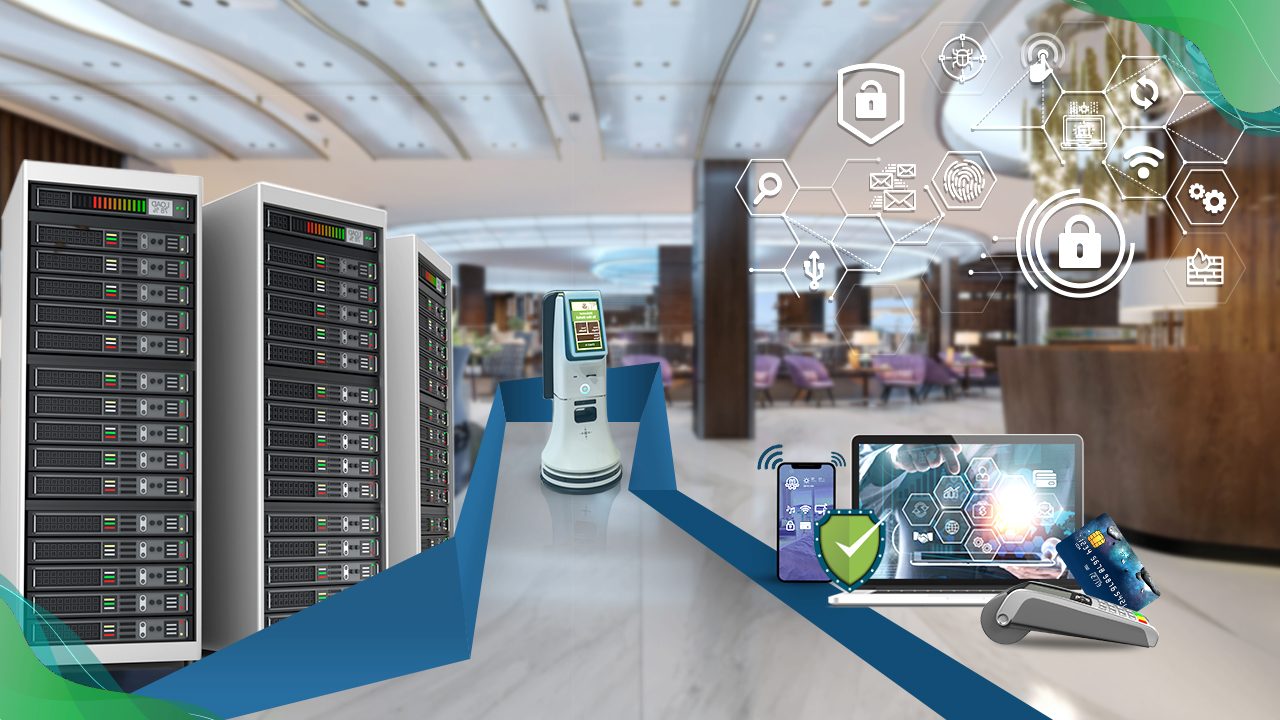With the Digital payment methods becoming the norm in the hospitality industry and elsewhere, the hoteliers have to be more proactive in providing safe and secure payment platforms to their guests. In the past few years there have been some unfortunate incidents of data breaches at some hotels and hospitality companies. This has resulted in more emphasis on cybersecurity in the hospitality industry. Also due to PCI DSS compliance, ensuring the highest data security standard isn’t an option anymore but a requirement.
What is PCI DSS?
PCI DSS (Payment Card Industry Data Security Standard) is a protocol which contains guidelines for accepting, processing, and storing credit card information. PCI council was established by the leading credit card services in the US such as Visa, MasterCard and American Express. To be able to accept credit card payments a business has to be PCI compliant.
PCI Compliance in Hospitality Industry
The hospitality industry processes millions of dollars’ worth transactions per day, which makes it a target for the data hackers. Hotels use different systems that use or process guest information. The system most vulnerable to data hack attempts is the POS system at the front desk, as it processes the most transactions.
To ensure data security and PCI compliance hotels are required to use only PCI compliant POS and PMS vendors. As most guests also prefer to book hotels online, hotels also need to provide checkout / pages at their websites that are controlled by a licensed service provider.
Also, part of PCI compliance is that the hotel must restrict the access of guest data to the relevant employees only. The hotels are required to provide training to the staff before they can handle the guests’ credit cards and personal data.
PCI compliance is not only about the technical aspect of payment processing, but it also includes storing paper documents securely, shredding the documents etc. Furthermore, hotels tend to have a lot of employees working in close proximity, PCI compliance ensures that only very few employees with proper training and credentials handle sensitive information.
PSD2 and PCI v4
PCI standards were first introduced in 2006, and over the years these are upgraded in accordance with the new developments in the industry. The current version of PCI DSS currently in use is version 3.2, the latest version of PCI v4 is to be implemented by 2024.
PSD2 ( Payment Services Directive 2) was implemented in 2019 and applies to businesses that deal with European Customers, however this is not limited to businesses dealing with European customers as these requirements are also implemented in the USA, specially SCA (Strong Customer Authentication) for online transactions. This is really important as most guests prefer booking a hotel online.
Conclusion
With physical payment methods quickly becoming a thing of the past, hotels are processing almost all of their payments digitally. This requires that the hotels must be well equipped to handle these transactions securely. PCI compliance is not only mandatory but helps the hotels in ensuring data security of guest data.




